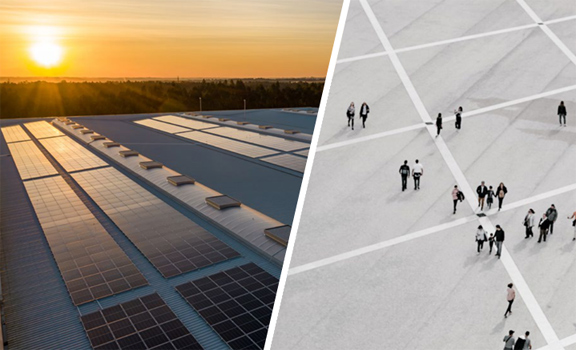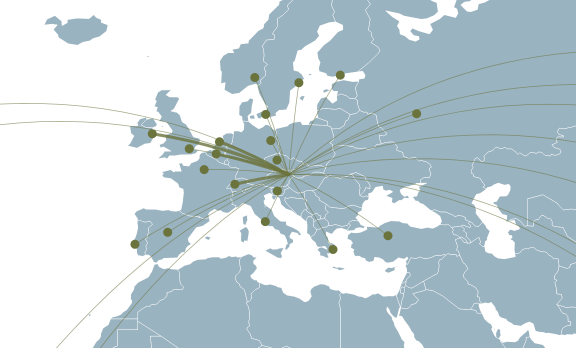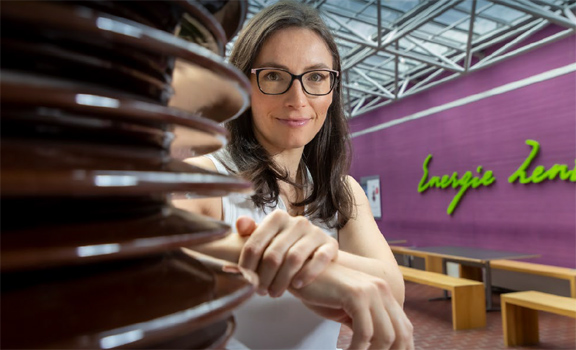Events
International Sustainable Energy Conference – ISEC 2026
14. –16. April 2026
Graz
Over the three conference days, ISEC 2026 will focus on various thematic areas, such as the "Role of the Heating Sector and Energy Efficiency" in an interconnected sustainable energy system, as well as "Research and Innovation in Energy Transition, Circular Economy, and Climate-Neutral Cities".
15th IEA Heat Pump Conference: Decarbonisation through Innovation
26. - 29. May 2026
Vienna
The leading scientific conference and meeting place for academia, industry, market, policy makers and investors interested in the field of heat pumping technologies. Under the motto ‘Decarbonisation through Innovation’, experts from all over the world will meet to present and discuss the latest advances and developments.





